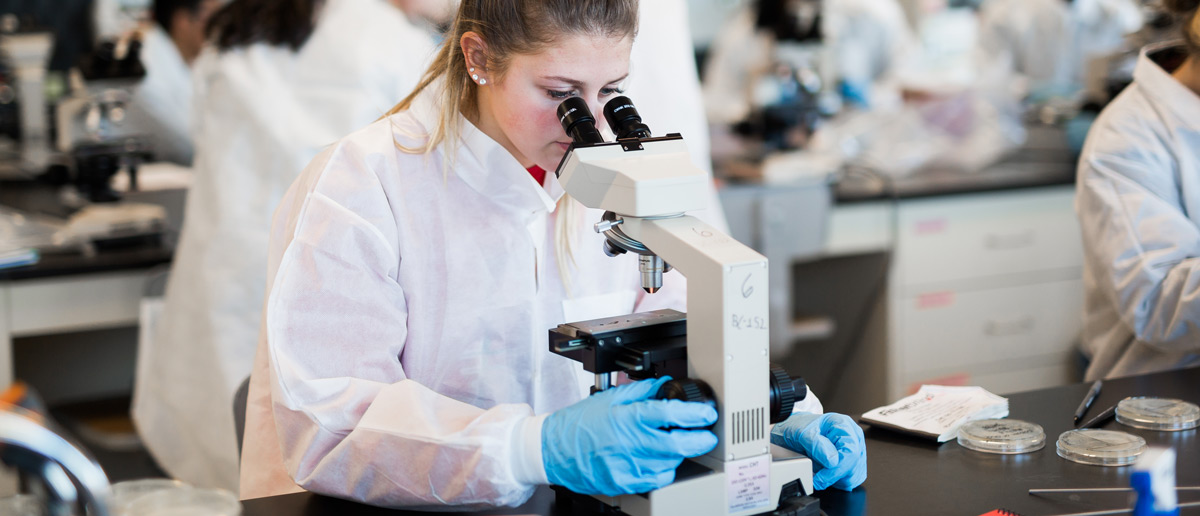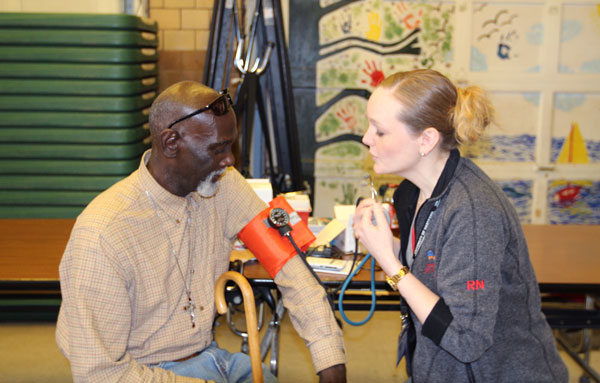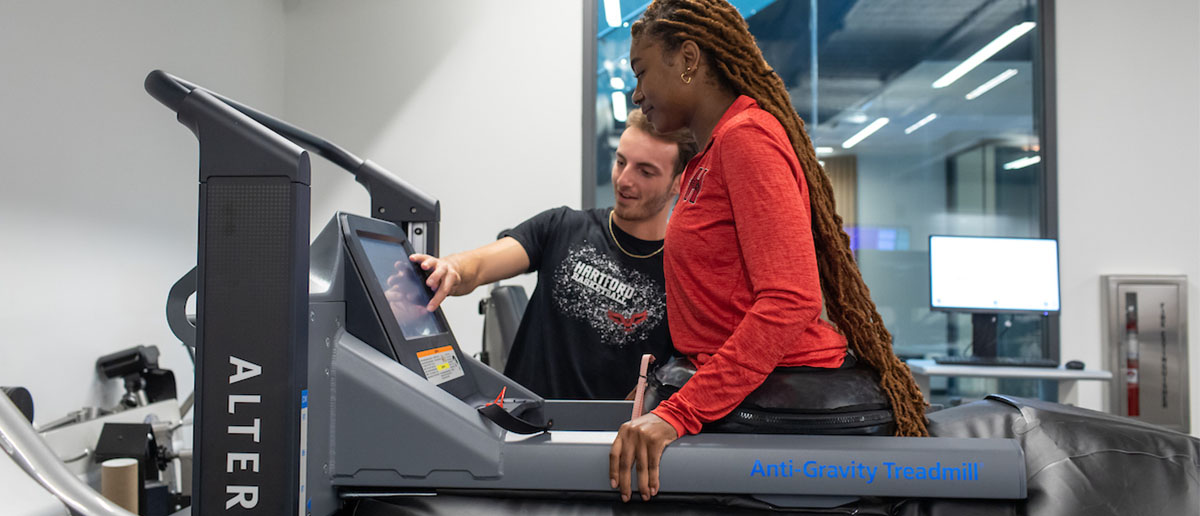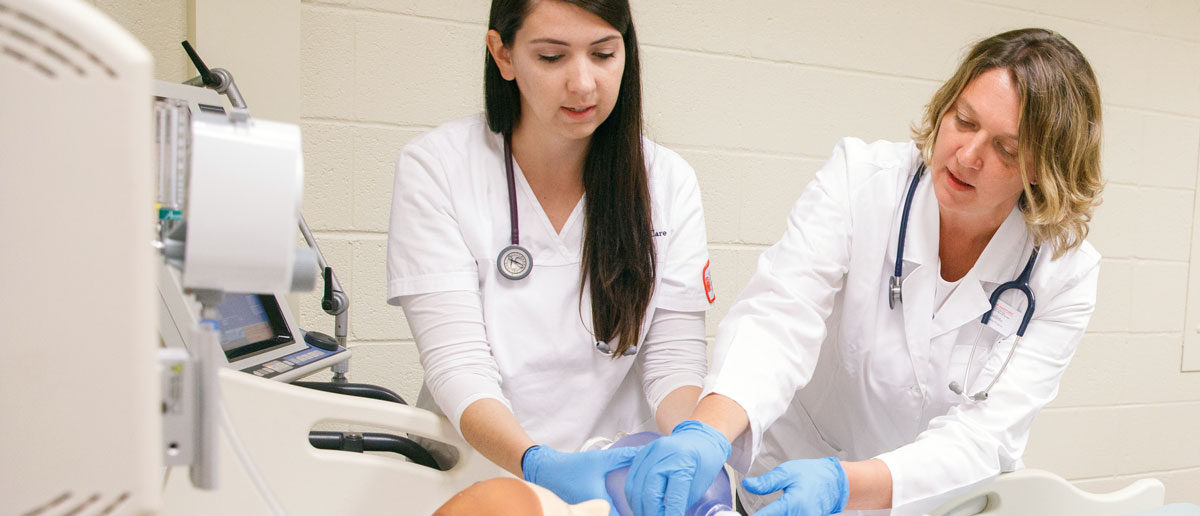
Health Sciences
The Health Sciences program prepares you for professional or graduate study in health-related fields such as occupational therapy, speech pathology, or public health. The program is also available as a minor.
The interdisciplinary minor in Gerontology expands students’ knowledge about issues related to aging and prepares students for a range of careers that involve working with an older population.
Minor
18
The interdisciplinary minor in Gerontology expands students’ knowledge about issues related to aging and prepares students for a range of careers that involve working with an older population.

The fastest-growing segment of the U.S. population is over the age of 65. By 2060, people over 65 will reach nearly 25 percent of the population, according to the U.S. Census Bureau.
These demographic trends will have a profound impact on virtually every area of society, from healthcare and housing to law, politics, and business. The interdisciplinary minor in Gerontology will expand students’ knowledge about the impact of these changes and help students prepare for a range of careers that involve working with an older population.
Gerontologists work in a variety of professions, including health care organizations, non-profits, state and local government, financial and legal firms, and businesses that develop products and services for older adults.
The study of Gerontology can help students develop positive perceptions of aging and think creatively about how to meet the needs of older adults. As an interdisciplinary minor, the program facilitates broad thinking about the many facets of an aging society.
The minor in Gerontology consists of 18 credits. A sample of courses is listed below; full the full requirements in the course catalog.
Prerequisites
*HS 350 (prerequisite of HS 141 or HS 111 or permission of the instructor)Claudia Oakes, PhD, OTR/L
Associate Professor
Coordinator, Health Science Program
Department of Health Sciences
860.768.5746
oakes@hartford.edu

The Health Sciences program prepares you for professional or graduate study in health-related fields such as occupational therapy, speech pathology, or public health. The program is also available as a minor.

The bachelor’s degree in Exercise Science will prepare you for a variety of exciting careers in sports medicine, personal training, and strength and conditioning coaching. You'll also be prepared for graduate study in areas such as physical therapy, athletic training, clinical exercise physiology, kinesiology, and public health.

Our program prepares you to work as a respiratory therapist with patients of all ages, from premature infants to older adults, in this high-tech, high-touch career.